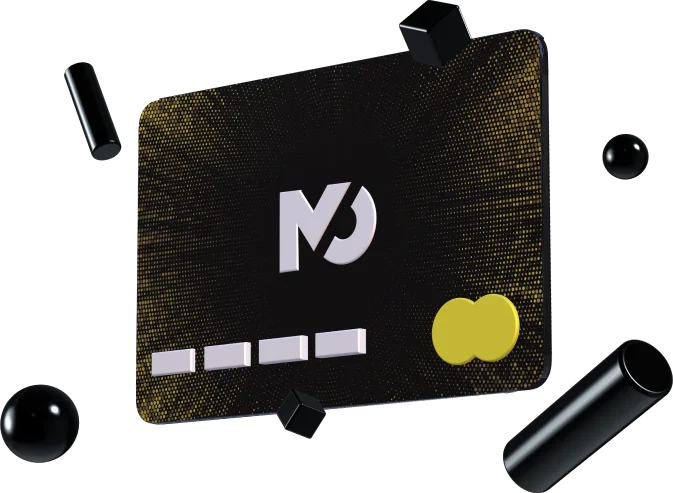Pickpocketing: Age-old crime still in full swing. Are your funds protected?

Pickpocketing, the name associated with the crime that involves a form of street robbery in which a criminal removes items of value from an unsuspecting person’s bag or pocket, dates back a very long time.
There are references to pickpocketing in pre-industrial revolution folklore, the inclusion of villains who engage in pickpocketing in famous theatrical writings from the Shakespearean era, and tales of falling foul of pickpockets included in accounts of personal struggle during the Medieval era urbanisation of the United Kingdom.
It may be fair to consider that these days, personal security is greatly improved compared to thirty years ago, let alone back in the days of poverty and strife during the industrialisation of the nation, and that modern CCTV and an overall far more prosperous society have contributed toward a more calm and secure everyday life however, it is an unfortunate reality that even in today’s era of modernity and empowerment, pickpockets still exist.
Yesterday, in the Hanley suburb of the Staffordshire town of Stoke on Trent, local police issued CCTV footage featuring a group of four people who had been stealing wallets and purses from shoppers during the daytime.
Staffordshire Police had responded to a series of reports that had been made by victims of this crime by reviewing CCTV imagery and had located footage of four women who were seen stealing several purses, wallets and cash from people who had been shopping in various retail stores in Hanley.
Whilst the search begins for these four light-fingered individuals, a few miles further north in the Lancashire town of Blackburn, a 29-year-old woman was charged yesterday by the police for allegedly pickpocketing members of the public in and around the town.
It may be a victory for modern surveillance and policing, but cases such as this are a clear demonstration that the need to keep personal assets secure is paramount.
Cash is perhaps the least secure of all payment methods, as it has no encryption or personalisation at all and is easily stolen and simply spent or deposited by a thief.
Using credit or debit cards is somewhat more secure, as these are personalised and can be cancelled with a quick call to their provider, or in the case of Monevium, with a swift opening of the Monevium smartphone application, which includes functionality that enables cancellation and ordering of a replacement card via the application itself.
Of course, the mitigating of the use of credit cards or debit cards by thieves depends on how long it takes the holder to notice that it has gone missing and effect a cancellation.
Armed with the credit card number, expiry date and three-digit security code, a fraudster could simply type these into an internet-based e-commerce portal and make purchases or go to a retail shop and make contactless payments without much resistance.
Many modern credit and debit card issuers have advanced security systems in place to detect unusual activity and then block a transaction until the holder of the card can verify if that is a genuine transaction or not.
Perhaps the most secure type of payment method is the e-wallet which is held on a smartphone.
Electronic wallets contain the details of debit and credit cards so that purchases can be made by tapping the smartphone on a point-of-sale terminal rather than using a physical card.
Users of e-wallets do not need to carry physical cards at all, meaning that in the unfortunate event of being subject to a pickpocketing incident, there is no ability for the thief to locate the card numbers and use them.
Of course, the loss of a smartphone to a pickpocket is, on the face of it, even worse, but from an account security point of view, there is no way that a thief can access any card or account details from a stolen smartphone.
Monevium’s smartphone application has two-factor authentication, meaning that even in the extremely unlikely event of a thief learning the access code to the smartphone, there would be another layer of security required to access the Monevium app or to attempt to use the virtual cards to make a fraudulent purchase.
As the world becomes more sophisticated and technologically advances, so do thieves.
It is, therefore, important to take precautions to secure your funds when out, and Monevium is here to help make your property as secure as possible.
Monevium is the Trading Name of Advanced Wallet Solutions Limited, a company registered in the UK under company number 10251711 and is regulated by the UK’s Financial Conduct Authority under Firm Reference Number 766038.
Open Monevium Account in Minutes
The future of money management is only a few clicks away. Apply here to have complete control over your money.


